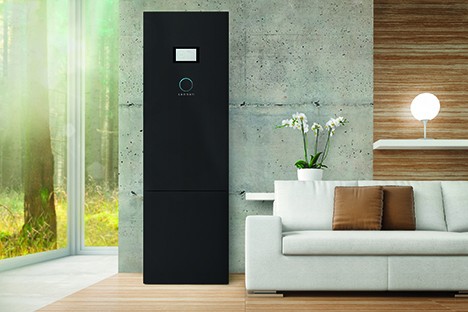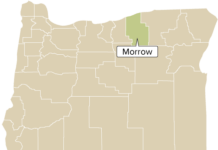sonnen, a manufacturer of smart energy storage systems, says it has entered a research collaboration with Stanford University’s Sustainable Systems Lab (S3L) to deploy its intelligent energy storage hardware and load management software in 15 Fremont-area solar-powered homes and in a commercial agricultural facility in El Nido, Calif.
The deployment and continued operation of these projects using the sonnen batteries is funded by the U.S. Department of Energy’s Advanced Research Projects Agency-Energy (ARPA-E) Network Optimized Distributed Energy Systems (NODES) program.
sonnen support of the research collaboration includes extensive installation and engineering assistance to properly integrate their high-performance battery solutions with the intelligent load controllers and power management algorithms developed in the Powernet Project. The goals of the research collaboration are to provide real-world data, field experiments and analysis to inform the future development of the Powernet Technology platform and the compatible standardization parameters needed to support the increasing adoption of clean energy technology.
“We’re proud to work on this research collaboration with Stanford University’s Sustainable Systems Lab on solar+storage applications in the Northern California area, especially as residents and businesses power through another wildfire season and the uncertainty of 2020,” says Blake Richetta, chairman and CEO of sonnen. “Every project for sonnen is focused on advancing our mission to build a clean, reliable, scalable and affordable energy future for all.”
ARPA-E estimates that using the NODES approach to integrate flexible loads and DERs into the grid in the U.S. could replace 4.5 GW of spinning reserves, representing generation capacity on stand-by in case of outages and unforeseen intermittency and a value of $3.3 billion per year to local utilities in the U.S.




